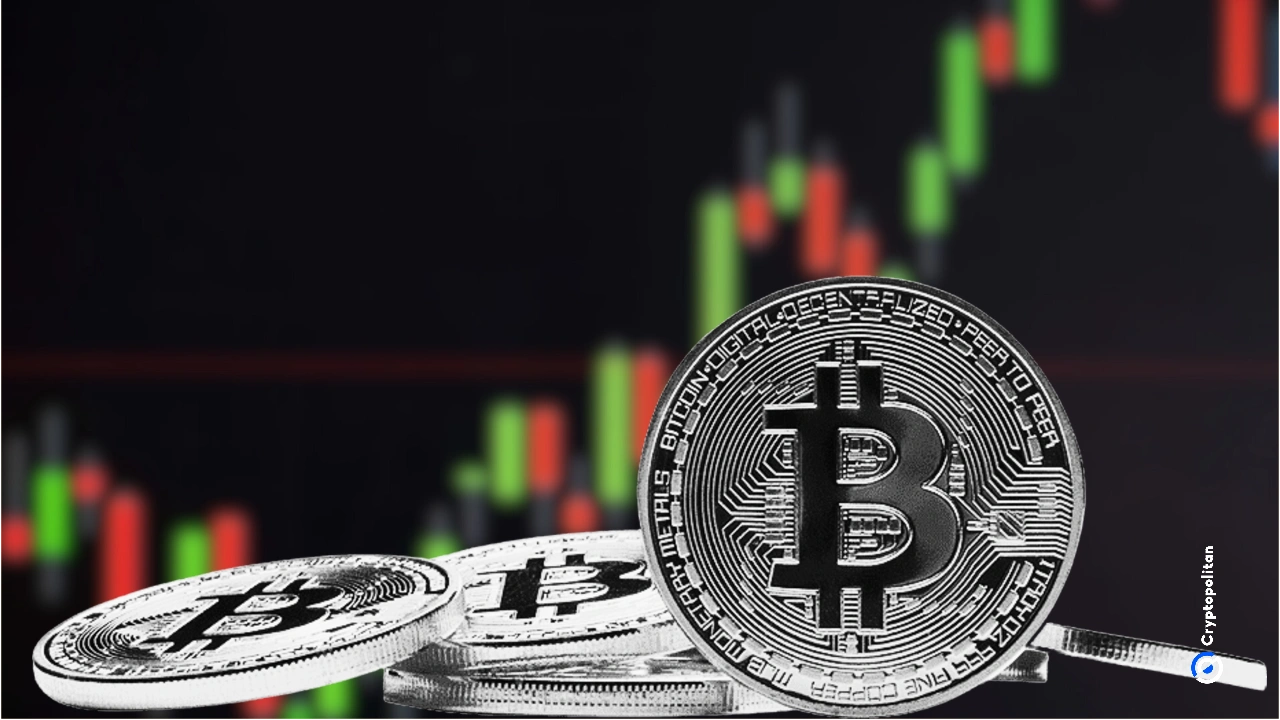On April 11, Fed Kashkali delivered a speech saying: There is no evidence of rising long-term inflation expectations. Investors may think that if the trade deficit falls, the attractiveness of investment in the United States will weaken. The statement that investors' preferences change may be credible. A weaker dollar indicates that investor preferences are changing. I think we still have a long way to go from the market conditions we see during the COVID-19 pandemic and ultimately have the ability to manage some of these transitional processes that can smooth out partial imbalance issues. We cannot determine where the yield will eventually stabilize, and we can only smooth out this change.
CPI data show many positive signals, with the impact of tariffs indicating that inflation will rise again, which drives up inflation and lowers economic activity. The economic outlook depends largely on the progress of tariff negotiations and the speed of progress. If inflation problems continue to procrastinate, it may take longer to reach the comfort level needed to lower interest rates. I think the intervention of the Federal Reserve or Treasury Department should be carried out only if it is a last resort and should be taken with caution that measures that may indicate the Fed's commitment to weaken in reducing inflation. The Fed has tools to provide more liquidity.












No comments yet